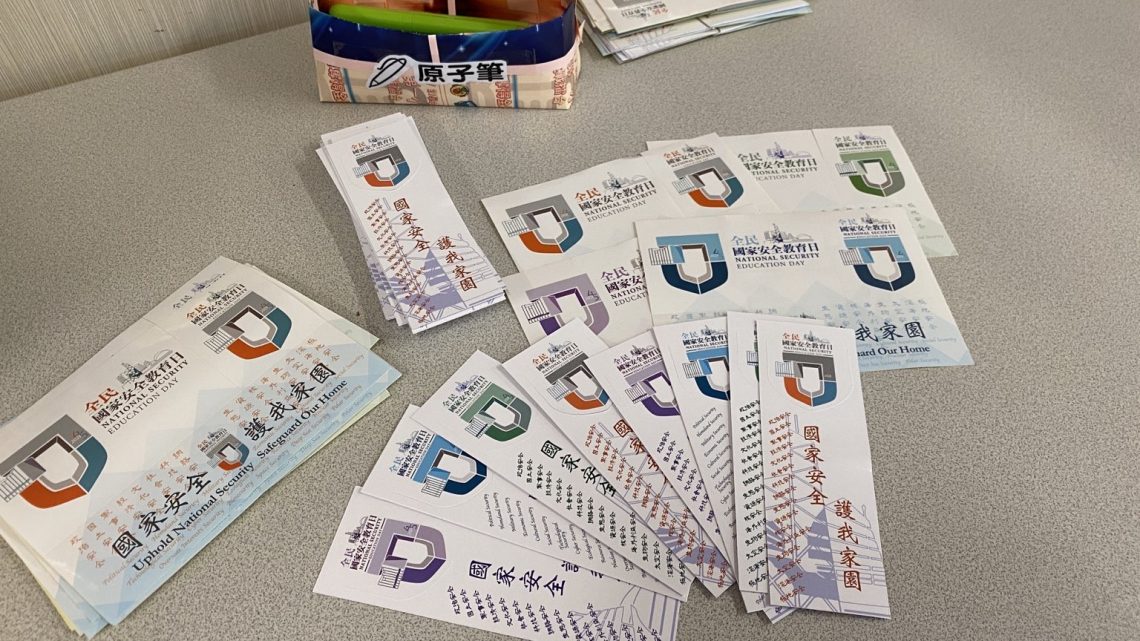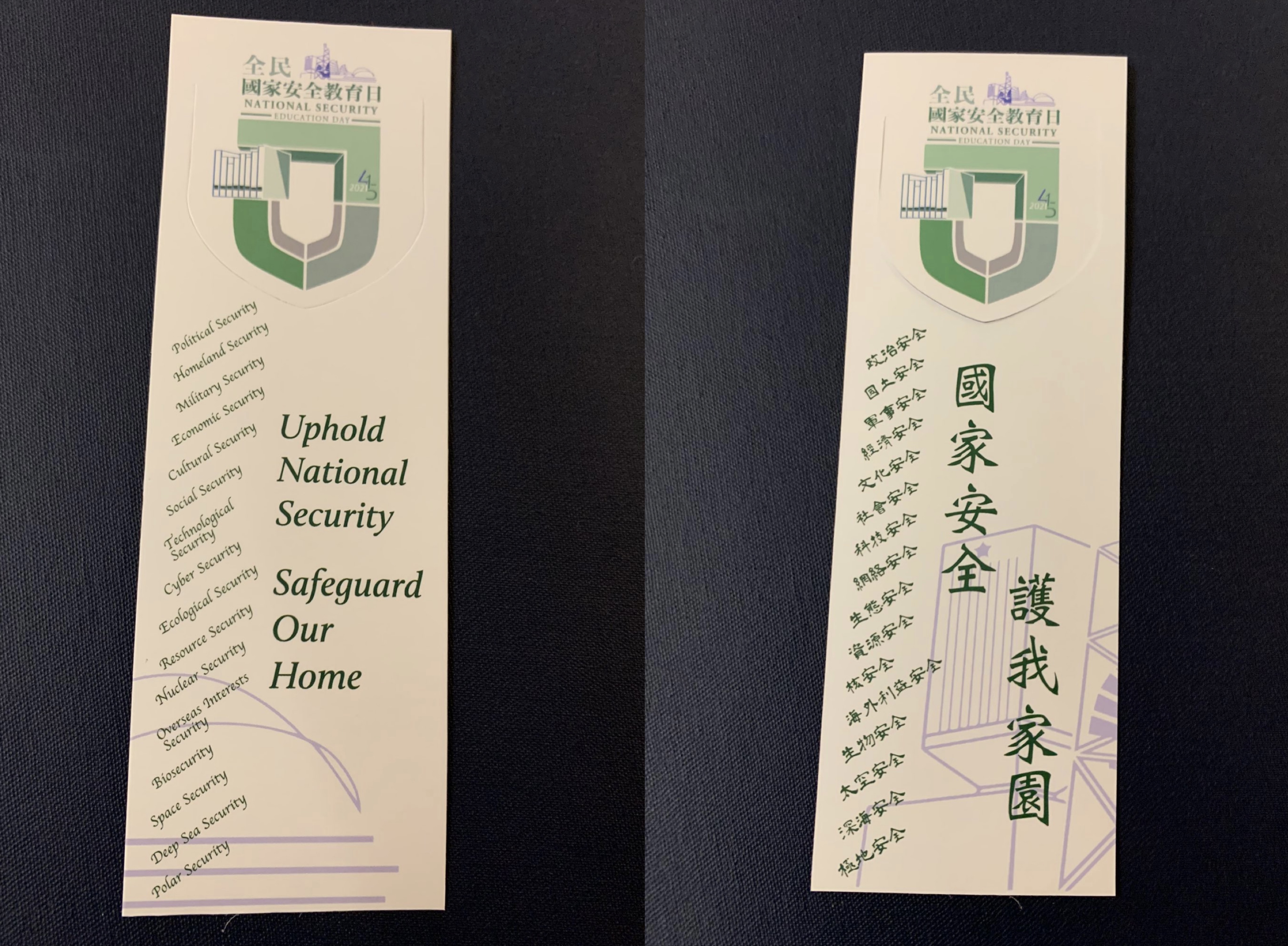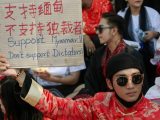
What National Security Really Means in China
April 16, 2021The Chinese government called on all citizens to defend the country against foreign threats on Thursday, a day Beijing dedicated to promoting its idea of national security.
What does this idea entail? Just about everything.
Part of a global trend of threat inflation, China has an expansive definition for national security that goes far beyond defense against military or terror attacks.
This is summed up by a modest bookmark distributed to students in Hong Kong, on the city’s first National Security Education Day, as Beijing seeks to prevent challenges to its authority over the semi-autonomous Chinese territory.
The bookmark contains a laundry list of things considered to be a matter of national security. The list has also been promoted widely in mainland China by state media.
- Political security
- Homeland security
- Military security
- Economic security
- Cultural security
- Social security
- Technological security
- Cybersecurity
- Ecological security
- Resource security
- Nuclear security
- Overseas interests security
- Space security
- Polar security
- Biological security
- Deep-sea security

The swelling scope of national security is a global phenomenon. After the 9/11 attacks in the United States, Western governments expanded their national security apparatuses and increasingly asked citizens to play an active role in protecting the country against security threats.
Wu Qiang, an independent political analyst in Beijing, said the inflated security threats had caused damages to human rights and democracy globally in the past two decades.
But in China, the lack of checks and criticism on what the state’s definition of national security has led to more serious encroachment on civil liberties, he said.
“The scope of security has been extended to all aspects of the society,” he said, adding that repressive policies on internet speech and ethnic minorities have been carried out in the name of protecting national security. “No laws or other powers are able to act as checks on the enforcement of security.”
Here’s a promotion video for China’s state security apparatus:
Steve Tsang, director of the SOAS China Institute in London, said while national security in democracies stands for the security of a country against external threats, China’s security apparatus, better translated as “state security,” targets all internal and external threats to the ruling party.
“The security of the Communist party-state is thus, first and foremost, about ensuring the Chinese Communist Party will stay in power indefinitely,” Tsang said. “To the Chinese party-state, guojia anquan [state security] covers all aspects of security that can potentially make the sustainability of the party’s rule questionable.”
In some cases, China’s state security apparatuses are deployed to crack down on dissent and demand loyalty to the Communist Party.
On Thursday, China’s state security authorities said they had arrested a student born in 1999, who was accused of writing for Western media and setting up a website that spread “political rumors.” Two mainland Chinese students in Hong Kong were also put under national security investigations for participating in the city’s 2019 protest movement.
Beijing is increasingly applying its definition of national security in Hong Kong, especially after massive protests broke out in the former British colony demanding greater autonomy and democratic elections.
In cracking down on the movement, the Chinese leadership imposed a powerful national security law, which led to mass prosecution of pro-democracy activists. Beijing has also created an obscure committee on safeguarding national security to vet politicians before they can run for office.
On Hong Kong’s first national security day, the city’s pro-Beijing government plastered streets with banners exhorting the importance of national security. The city’s police force put teddy bears cladded in riot police gear on sale for about $63 each.
Sari Arho Havrén, a fellow at the Mercator Institute for China Studies in Berlin, said to the Communist Party, defending national security involves ensuring domestic stability and also defending China’s great power status abroad.
“National security is not simply security within China's borders anymore, as Beijing uses its power to shape the global operational environment and global rules to protect itself and China’s interests,” she said. “For Chinese society, this means increased control.”
Follow Viola Zhou on Twitter.


